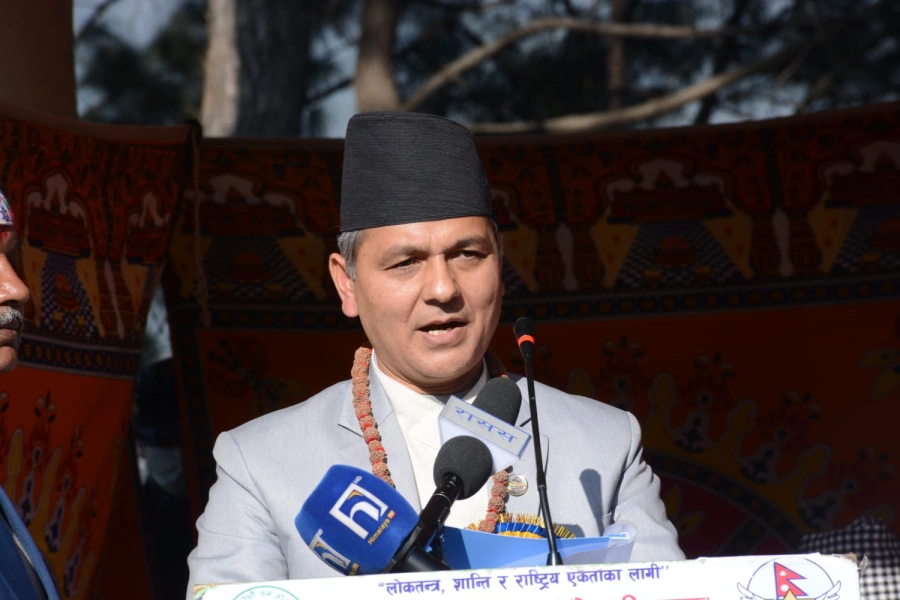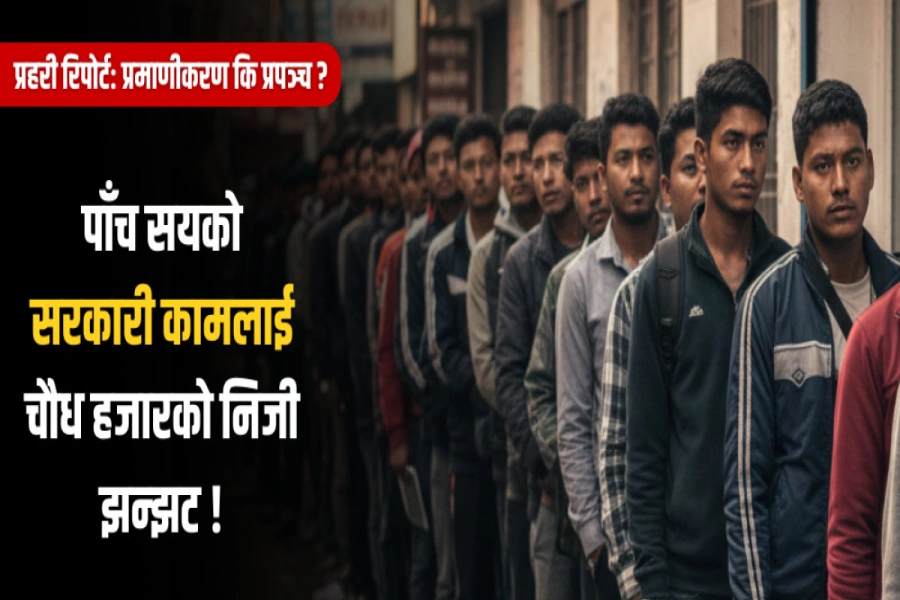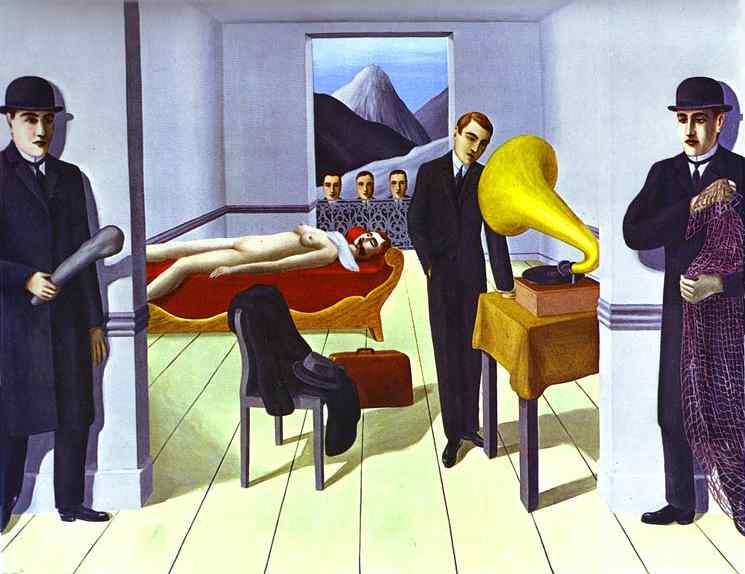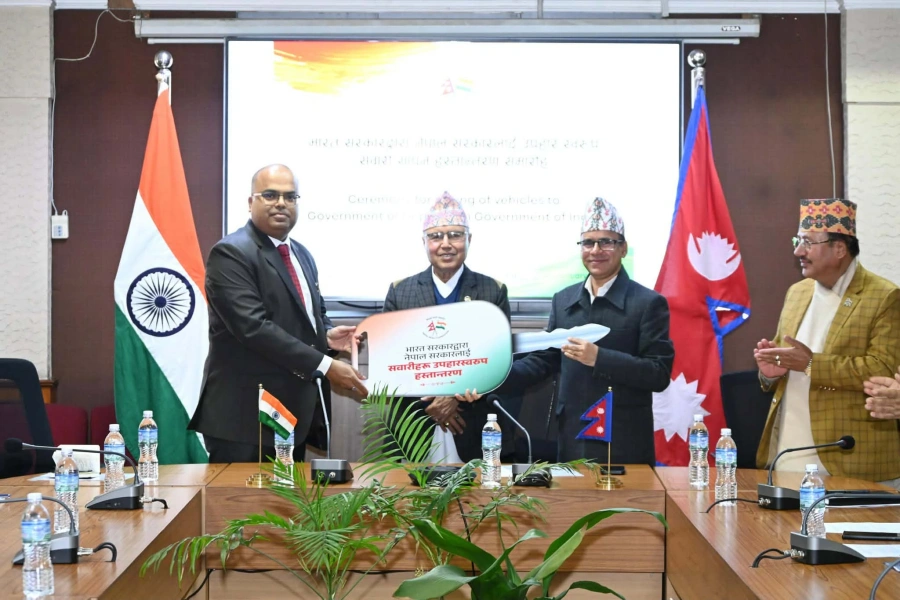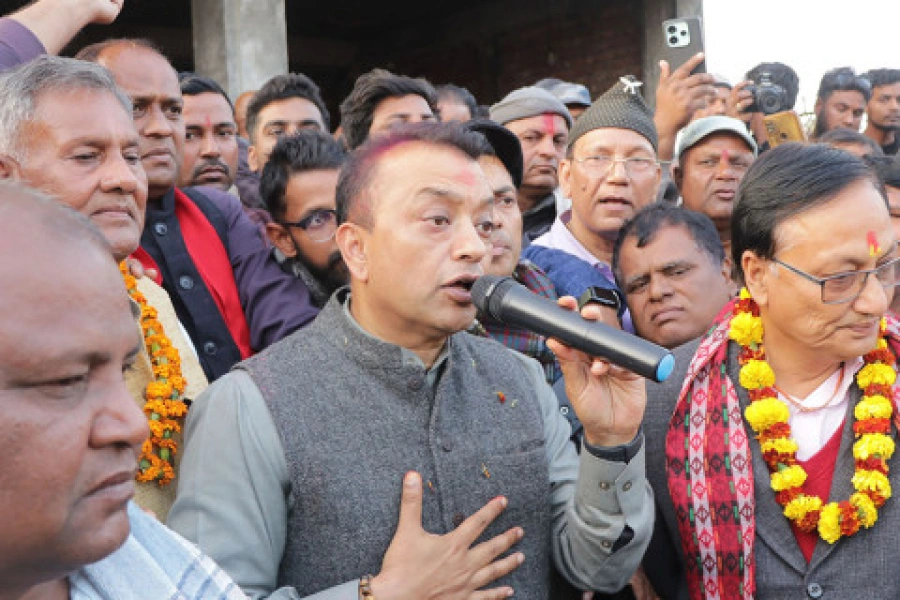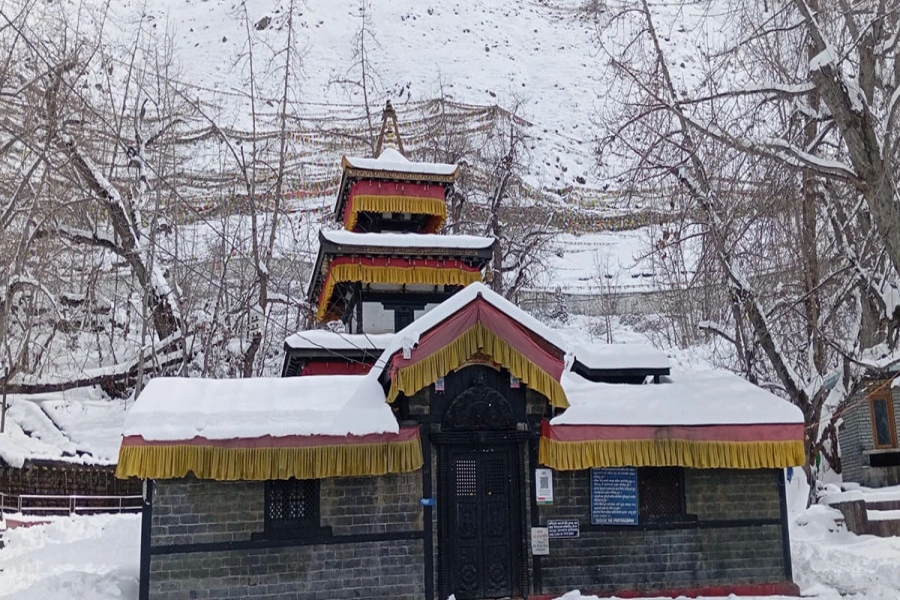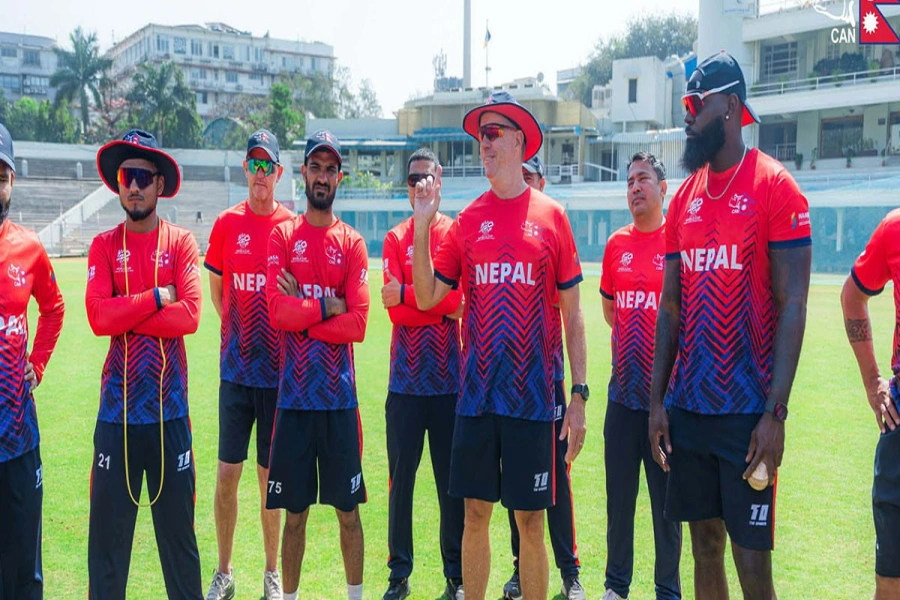“My mum and I were walking together at Gyaneshwor one afternoon when a man elbow-ed me. I felt really bad but didn’t know what to do about it, so I decided to ignore it. [break]
However, my mother had noticed it and called him. First, he didn’t hear her but when she repeatedly called him back, he looked. Then, mum and I went to him, and she took off her shoes and smacked him on his back. The man said, ‘lau! ke ho esto yo! ke garya? baulayo ki kya ho?’ My mum asked him, ‘Talai! mero chhorilai hanera hidchhas? Ajha malai baula bhanchas?’ Other people joined in as they wanted to know what was going on. After we explained to them, people sympathized with us and made him apologize to us.”
“I was around 12 when a guy grabbed my boobs in a public vehicle. I didn’t know what was going on then. I guess he was a pedophile.”
“It happened to me when i was in +2. I was in a public bus, a middle aged man sat next to me. Time and again he was trying to get closer. I said to him “ali para sarne ki? bholi afno photo herne newspaper ma??” he got off the bus at the next stop. I am really glad I spoke for girls bhid wala vehicle ma matrai hoina, even traveling in khali gadi is a big problem.”

The above are a few posts accessed from the Facebook page of the SlutWalk Nepal team. Young girls from all across the country are coming out and sharing their personal experiences of harassment in public spaces, something unusual until sometime back.
The SlutWalk campaign began only around ten days ago when a group of four friends decided that it was too much, and that they had to come forth and fight against the unwelcome sexual advances rampant on the streets of Kathmandu.
Prakrit Nepal, Nischala Aryal, Rakshya Chalise, and Deepshikha Adhikary – all 19 years of age – sat down for a talk among themselves. As they scrolled through books and articles on harassment of women, they came across The SlutWalk protest marches.
These marches began in Toronto in January of last year after Michael Sanguinetti, a Toronto police officer, told a “personal security class” at York University that “women should avoid dressing like sluts in order not to be victimized.” After around ten weeks, a thousand people hit the streets of downtown Toronto in what became known as “SlutWalk.”
The idea of the march is that no matter how women dress, it should not be taken as a symbol for sexual attention. Therefore, on such walks, the participants dress in provocative manners, gather at common places and rally in cities with slogans against sexual harassment.
These walks as of now have been conducted in various cities around the world, from England to Singapore, and New Delhi.
For Nepal, this is the first time. But if one is to go by the attention it is garnering, it does not seem that the event is going to be a small one. Within only a week since the SlutWalk Nepal created their Facebook page, they have more than 2,000 team members.
“We’re overwhelmed by the response,” said Prakrit, adding “the large number of people supporting us stands as a proof of the need to pay immediate attention to this topic.” Prakrit, who is the single male in the core team, hopes that while on the final walk, the number of men exceeds the female participants. He also believes that for a country like Nepal where patriarchy prevails, it is important that males participate in such programs to show their solidarity.
While the format and the theme of the walk mostly remain the same, there have been slight changes in the Nepali version of walking the Walk. For one, it is going to be called Walk for Respect, and secondly, unlike the international style, the participants’ dress code is casual.
Explaining the reasons behind the modification, Nischala said, “The word ‘slut,’ as many of our group members suggested, was too bold for our society and the dress code was also changed because in our country, wearing short dresses is considered outrageous.”
She is a law student at the Kathmandu School of Law and shares that she learnt of harassment in public places as a punishable offence only very recently.
“There are many who are unaware of this legal provision and therefore remain quiet,” she says, adding, “I hope this movement will serve the purpose.”
The group has paid special attention that on the day of the walk, they cause no disturbance of any kind.
“As law-abiding, conscious and aware citizens, we plan to do a silent walk on the footpaths without inciting traffic jams, nor causing noise pollution or any kind of hindrances in peoples’ daily routines,” Prakrit shares.
As of now, the group is in talks with singers for a post-event concert. Another post-walk program is that the group will stick awareness posters on public vehicles with Amnesty International’s help.
The walk is planned to be on Saturday, April 28. The route is from NAC (previously RNAC) to the Durbar Square of Kathmandu.
For further updates, visit http://www.facebook.com/groups/slutwalknepal/
Govt not honoring 'gentlemen's agreement': Madhesi parties



